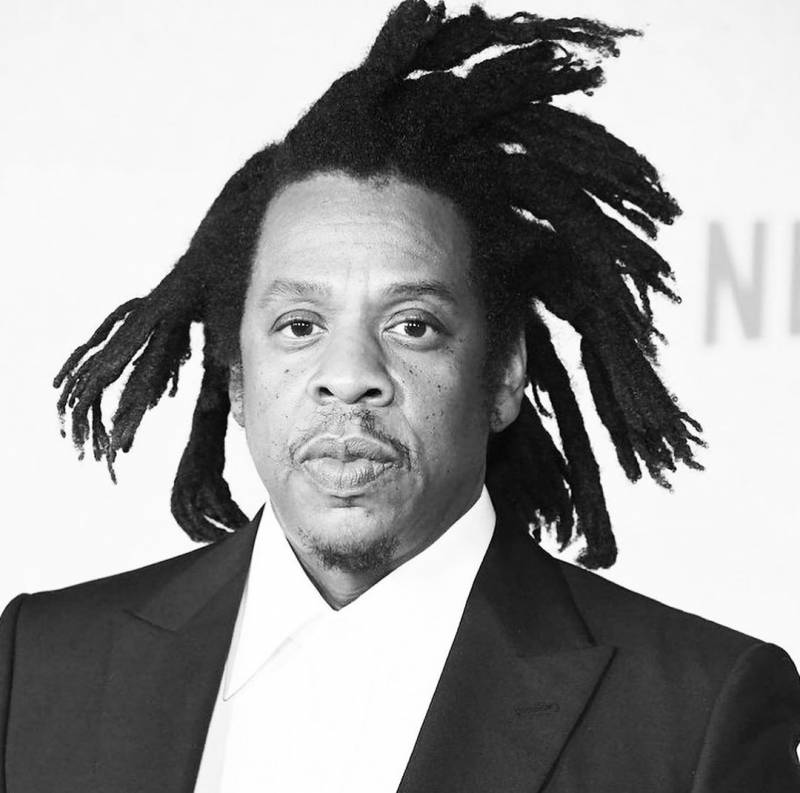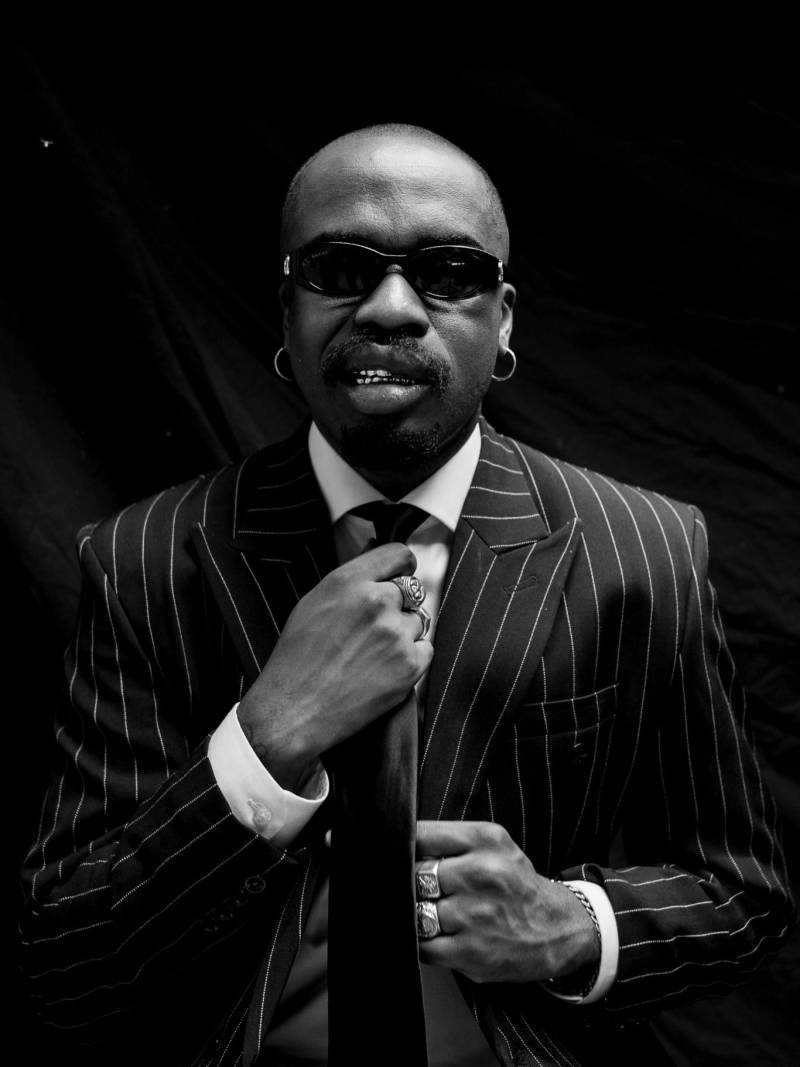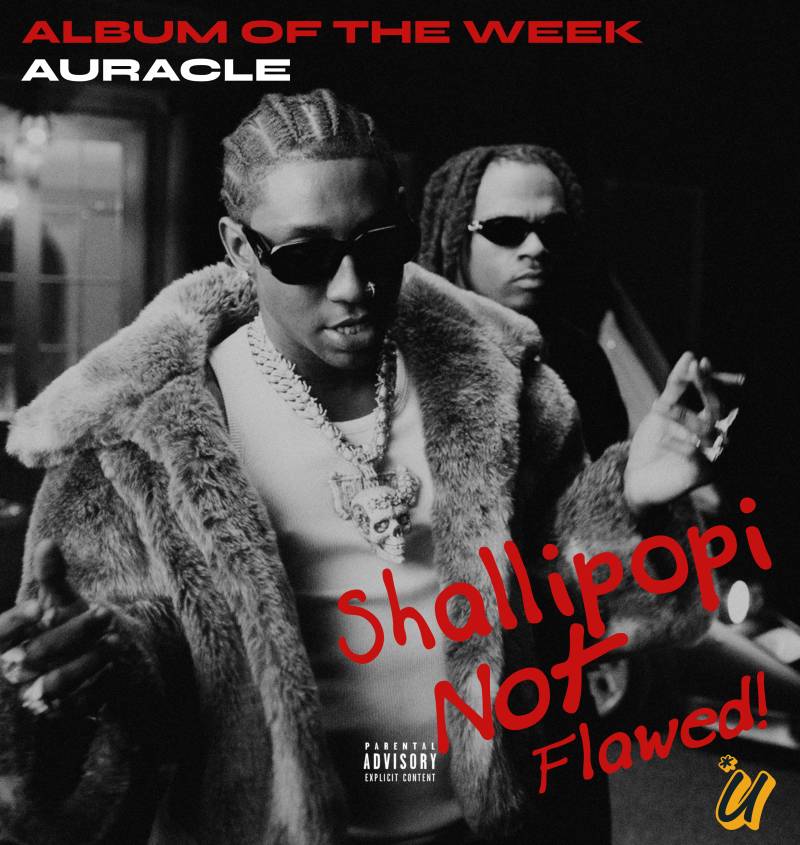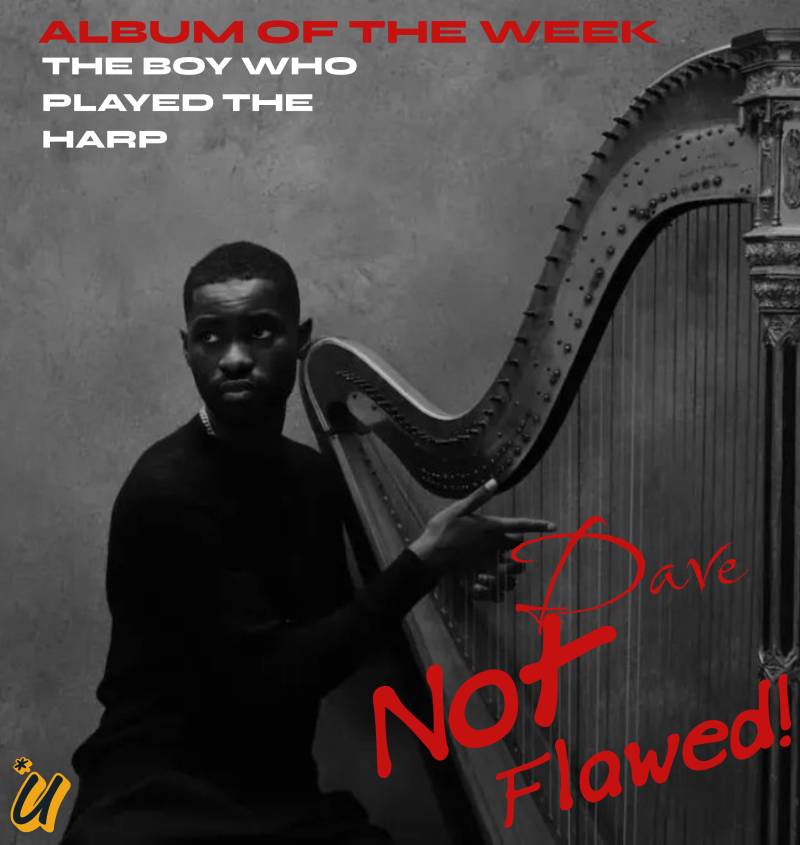Rapper is being sued by Parlux Fragrances, which accuses him of failing to fulfill contractual obligations to push Gold cologne
JAY-Z arrives at a special screening of The Harder They Fall on Wednesday, Oct. 13, 2021, at the Shrine in Los Angeles.
Jay-Z took the witness stand in Manhattan Supreme Court on Friday to testify about perfume. This industry is not known for generating controversy. But the 51-year-old rapper is being sued by Parlux Fragrances, which has accused the star of failing to properly promote his Gold Jay-Z cologne line.
Jay-Z maintained his innocence on Friday, telling the court, “you have me on trial from something I didn’t do.” But his exchanges with Parlux quickly became testy. The perfume company’s legal team, led by Anthony Viola, immediately dug into contractual minutiae, pointing the rapper to section 11E of a document he signed, which “calls for… promotional tie-ins” around his perfume. Viola went on the offensive. “You didn’t do that, did you?” he pressed. “Did you make any personal appearances for the Gold Jay-Z launch?”
“I did a lot for the Gold Jay-Z launch,” the rapper responded. “I had a year to complete these [obligations], correct?” he added. Viola pushed on, refusing to answer Jay-Z’s question, and the rapper stopped him. “I don’t know if you answered my question,” Jay-Z said. “I had a year to complete these right?”
“Actually,” Parlux’s lawyer responded, “you need to answer my questions.”
Viola relied heavily on Jay-Z’s previous deposition to drive home his points. The lawyer asked if the rapper had even read the contractual clause that concerned his personal promotional obligations. Jay-Z repeatedly ducked the questions or responded with “I’m not a lawyer.” But Parlux played several video snippets of the rapper’s previous testimony in which he did in fact admit that he was not aware of the requirements included in the contract he signed.
Parlux used this tactic repeatedly, hopping from one section of the contract to the next, grilling Jay-Z each time on his knowledge of the document which laid out the rapper’s duties with regards to the perfume. “It’s fair to say when you signed this contract you didn’t know anything about the celebrity fragrance market?” Viola asked. “I mean, I’m a celebrity,” Jay-Z retorted.
The perfume company then focused the jury’s attention on a new chunk of legal text, throwing out a series of net sales minimum figures contained in the document. (By year five, it stipulated that sales of Gold Jay-Z perfume should exceed $100 million.) “What’s the price that Parlux was charging for the Gold Jay-Z product?” Viola asked. “I don’t know,” the rapper responded. Viola: “Do you know how many units Parlux needed to sell to meet” the sales goal? Jay-Z: “No.”
The back-and-forth continued in this manner, with Jay-Z seemingly intent on giving up as little information — and as little ground — as possible. How many employees does he have? “A lot.” Who negotiated the contract with Parlux? “A lawyer, I don’t know the lawyer at the time.” “You wanted to eliminate Macy’s from the launch,” Viola declared, raising his voice. “Not true,” Jay-Z shot back.
After a series of these verbal duels, tension between lawyer and witness reached new heights. “It doesn’t make any sense to launch [the perfume] at Barclays,” Viola asserted. “It’s not a store, is it?”
Jay-Z hit back with, “you can’t speak to what makes sense.” Soon after, the judge interjected to cool things down. “I think you guys are speaking past each other,” he said.
But the tone in court remained combative, with Viola talking over Jay-Z on several occasions. (The rapper’s legal team objected each time; at one point, Jay-Z said, “you’re cutting me off again.”) Looking to question the rapper’s trustworthiness as a witness, Viola said, “so you didn’t remember [a fact about promotion] then [when you were deposed], but you remember it now?”
The rapper’s riposte? “That’s how memory works.”
Jay-Z also tried to reverse the typical courtroom several times by cross-examining Viola. “I want you to show me where it says that I’m required to do something on the 29th,” Jay-Z demanded. The judge interjected again, informing the rapper that, “for now, Mr. Viola gets to ask questions. He doesn’t have to answer any questions that he doesn’t want to.”
Parlux’s legal team still seemed peeved by the fact that their first attempt to depose Jay-Z in 2019 had been unsuccessful. “You didn’t come to give your testimony that day,” Viola chided him. “We all went to your office and you decided you didn’t want to be videoed and refused to testify.”
Jay-Z’s lawyers objected to this line of questioning, and the judge supported them. But the rapper’s team was upset enough about Viola’s barbed comments around that deposition incident that they brought it up again roughly an hour later. The judge told Viola that this set of queries was improper; he apologized to the court. The judge then instructed the jury “not [to] infer anything from the fact that the deposition was rescheduled.”
Parlux filed a breach of contract suit against Jay-Z in 2016, claiming he had earned $2 million in royalties but the company had lost $18 million in the collaboration. In a sworn statement the following year, Parlux alleged that the rapper was supposed to do a series of events to push Gold — via Good Morning America, Women’s Wear Daily, and an in-store appearance at Macy’s — but that he “never once personally appeared.”
“In the fragrance industry, it is virtually impossible to sustain the success of a celebrity fragrance brand,” the lawsuit claimed, unless the brand is bolstered by “promotional support from the celebrity in the form of public appearances” in addition to “regularly updating and refreshing the brand with ‘flanker’ launches and new line extensions.”
Adding insult to alleged injury, the fragrance company said the rapper rejected a design for a Gold Jay-Z bottle with an 18-karat gold exterior that was worth over $20,000, but that he pocketed the prototype.
Jay-Z promptly countersued. He accused Parlux of failing to hold up its end of the deal, furnishing him with inadequate accounting reports and promotional resources, among other things. Notably, he said the company still owed him $2.7 million in royalties.
SOURCE : Rollingstone




